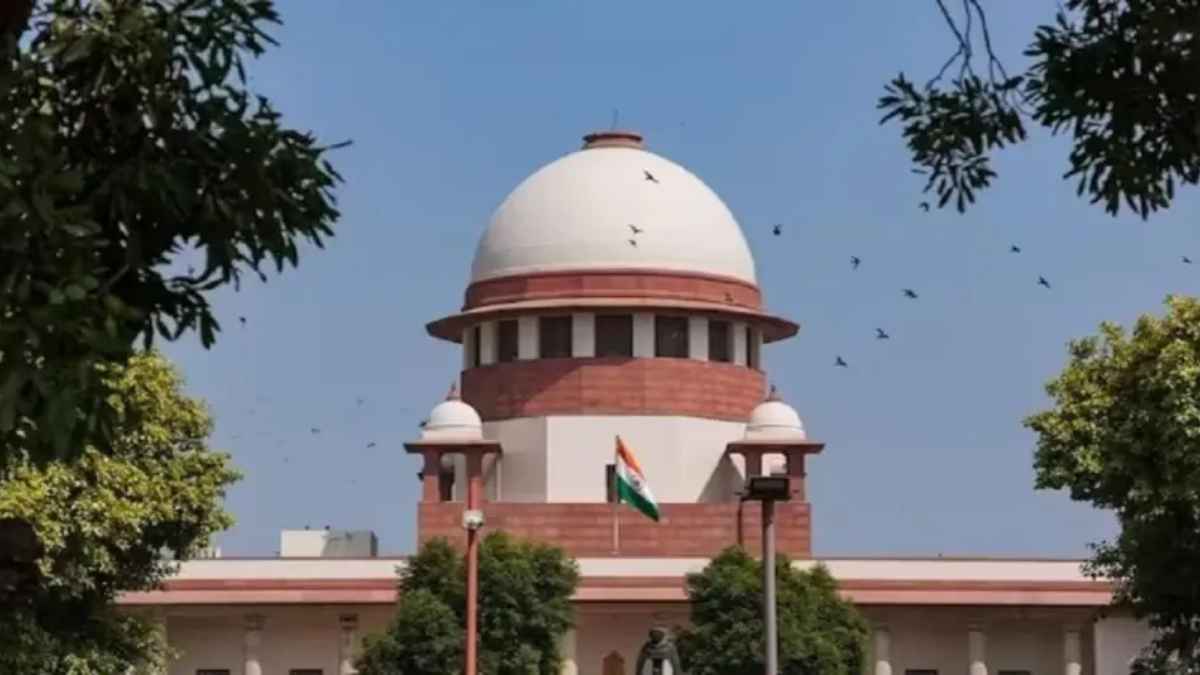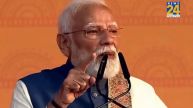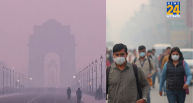After the Supreme Court barred the civil courts across the country from accepting suits challenging the ownership and title of a place of worship, the moot question being asked is: what is the Place of Worship Act, 1992?
The apex court also said in its order on Thursday that no fresh suits should be registered or proceedings be ordered.
A three-member bench of the court also said that “in the pending suits, no effective interim orders or final orders including orders of survey can be granted by civil courts till the next date of hearing.”
The Supreme Court order is particularly significant because it also covers the Gyanvapi dispute in Varanasi, the Krishna Janmabhoomi temple dispute in Mathura and several others.
What Is Places Of Worship (Special Provisions) Act?
Passed in 1991 by the Parliament when Narasimha Rao was the Prime Minister of the country, the Places of Worship (Special Provisions) Act, 1991 says that the nature of all places of worship, except the one in Ayodhya, shall be maintained as it was on August 15, 1947.
The Act was also meant to apply to the disputed Kashi Vishwanath temple-Gyanvapi mosque complex in Varanasi and the Krishna Janmabhoomi temple-Shahi Idgah mosque complex in Mathura.
Section 3 of the Places of Worship Act prohibits in the most unambiguous terms the conversion of a religious place of worship or a section of a religious place of worship into a place of worship of a different religion or a different denomination of the same religion.
Section 4(2) of the Act, says clearly that all appeals, suits, or other proceedings related to converting the religious character of a place of worship shall come to an end on the commencement of the Act. It also says that fresh appeals would not be allowed to be filed.
Section 6 of the Places of Worship says that there would be a sentence of three years imprisonment if the Act is violated. Similarly, any violation of Section 3 would invite three years imprisonment and a fine.
The Act asks the state to maintain the religious character of all places of worship as it existed at the time of independence.
According to the Act, if the religious character of a place of worship is changed after the cut-off date of August 15, 1947, legal proceedings could be initiated.
Exemptions
A place can be exempted from the purview of the Act if it is an ancient and historical monument or an archaeological site covered by the Ancient Monuments and Archaeological Sites and Remains Act, 1958.
A suit about a place of worship that has been finally settled or disposed of, will be kept out of the ambit of this Act.
If a dispute has been settled by the parties or conversion of any place that took place by acquiescence before the commencement of the Act, will be exempted from the operation of the law.
It is important to note that delivering its verdict in the Ayodhya Ram Janmabhoomi case, the five-judge Constitution Bench said, “The Places of Worship Act imposes an obligation towards enforcing our commitment to secularism under the Indian Constitution.”
Supreme Court also said, “It is an affirmation of the solemn duty which was cast upon the state to preserve and protect the equality of all faiths as an essential constitutional value, a norm which has the status of being a basic feature of the Constitution.”
Place Of Worship Act Challenged
However, the Place of Worship Act has been challenged. BJP leader Subramanian Swamy and Ashwini Upadhyay, retired Army officer Anil Kabotra, advocates Chandra Shekhar and Rudra Vikram Singh, Devkinandan Thakur, Swami Jeetendranand Saraswati and former BJP MP Chintamani Malviya are some of the people have filed petitions challenging the validity of the Act.
The petitioners have said that the 1991 Act created an “arbitrary and irrational retrospective cut-off date” of August 15, 1947, for maintaining the character of the places of worship or pilgrimage against encroachment done by “fundamentalist-barbaric invaders and law-breakers”.
They have also said that the Act “barred the right and remedy against encroachment made on the religious property of Hindus exercising might of power by followers of another faith”.
The petitioners have also argued that Parliament could not make any law that took away or abridged the vested religious right of devotees and could not make any law with retrospective effect. They also invoked the fundamental right to religion under Article 25 of the Constitution.
Jamiat Ulama-i-Hind moved the Supreme Court in June 2022 and sought to dismiss the petitions challenging the validity of the Places of Worship (Special Provisions) Act, 1991. It argued that it would open floodgates of litigation against countless mosques across India.
Petitions Backing Place Of Worship Act
On the other hand, many petitioners including CPI(M) leader Prakash Karat and RJD MP Manoj Jha, have moved the Supreme Court supporting the Act.
Indian Union Muslim League General Secretary and Kerala MLA PK Kunhalikutty and Lok Sabha MP ET Muhammed Basheer, also moved the apex court and prayed that they be heard before taking a call on the validity of the Act.
The apex court would soon take up the case and all parties may be heard. It may really open a floodgate of controversies.













